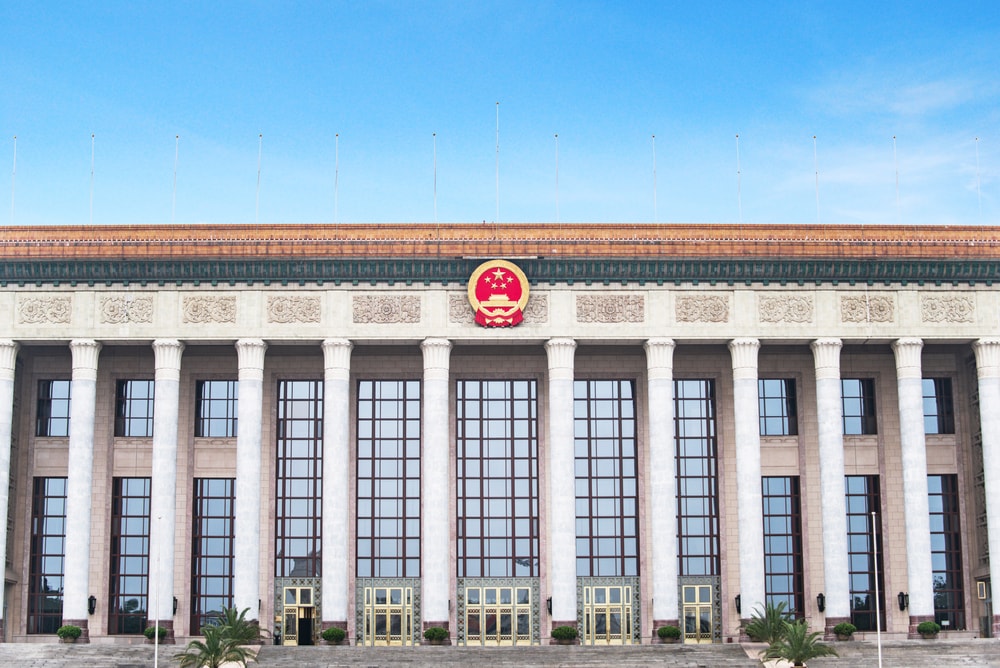The Two Sessions – the annual gathering of China’s top political advisory body and parliament – commenced in Beijing on Monday 4 March
These political events offer insights into the intentions and priorities of China’s leadership and are sometimes used to announce political appointments and significant structural changes to the government.
For a thorough post-event analysis and interactive Q&A session featuring a panel of industry experts, we recommend CBBC’s upcoming “Two Sessions Debrief” on 18 March. Experts including John Liu, Executive Editor of the Greater China Region at Bloomberg; Su Yue, Principal Economist at the Economist Intelligence Unit; and Guo Shan, Partner at Hutong Research, will discuss the outcomes from this year’s Two Sessions and provide analysis on the political and economic implications for UK business. Sign up here.
The Two Sessions began on Monday with the opening session of the Chinese People’s Political Consultative Conference (CPPCC).
Then came the surprise announcement that the news conference between China’s premier Li Qiang and the media, typically held at the end of the parliamentary meetings, would be scrapped through to 2027. For the past 30 years, the press conference has provided a rare opportunity to hear directly from the premier in a fairly relaxed setting. Analysts suggest this has been done to better control the narrative about the current state of China, and does not imply a lack of trust in the premier.
On Tuesday, 5 March, Premier Li delivered his first annual work report – an overview of the state of the nation, encompassing key achievements, challenges, and policy directions set by the government – to the opening session of the National People’s Congress (NPC), China’s parliament.
The report included the following targets and limits:
- GDP growth of “around 5%” for 2024, the same as last year – a target Premier Li said would not be easy to achieve.
- A budget deficit of 3% of economic output, down from 3.8% last year.
- The creation of over 12 million urban jobs, and the maintenance of unemployment at 5.5%.
- The issue of 1 trillion yuan ($139 billion) in special ultra-long-term treasury bonds, which are not included in the budget.
- A 3% increase in consumer inflation.
- A 7.2% increase in defence spending, to 1.67 trillion yuan ($232 billion).
Premier Li also said the government would seek to:
- “Transform” China’s growth model and make structural adjustments.
- Stabilise China’s property sector with targeted measures and the provision of financing to “justified” projects.
- Boost childbirth rates by supporting parents and reducing child-rearing costs.
- Increase China’s self-reliance and build up industries crucial to the country’s future competitiveness, such as AI and the space industry.
- Further open up China’s manufacturing industry and certain service industries to foreign business.
Reacting to the work report, commentators said that the 5% GDP growth target for 2024 will be far harder to achieve, given the higher base of comparison compared with last year.
The promise of improvements laid out by the premier has been welcomed by businesses and investors, but they are looking for real policy action and implementation. Business decisions will ultimately be determined by what return on investment businesses and investors can get in an increasingly competitive market, rather than the content of speeches.
China’s policymakers appear content with the country’s current trajectory and are unlikely to unleash “bazooka-style” stimulus.




